Menu
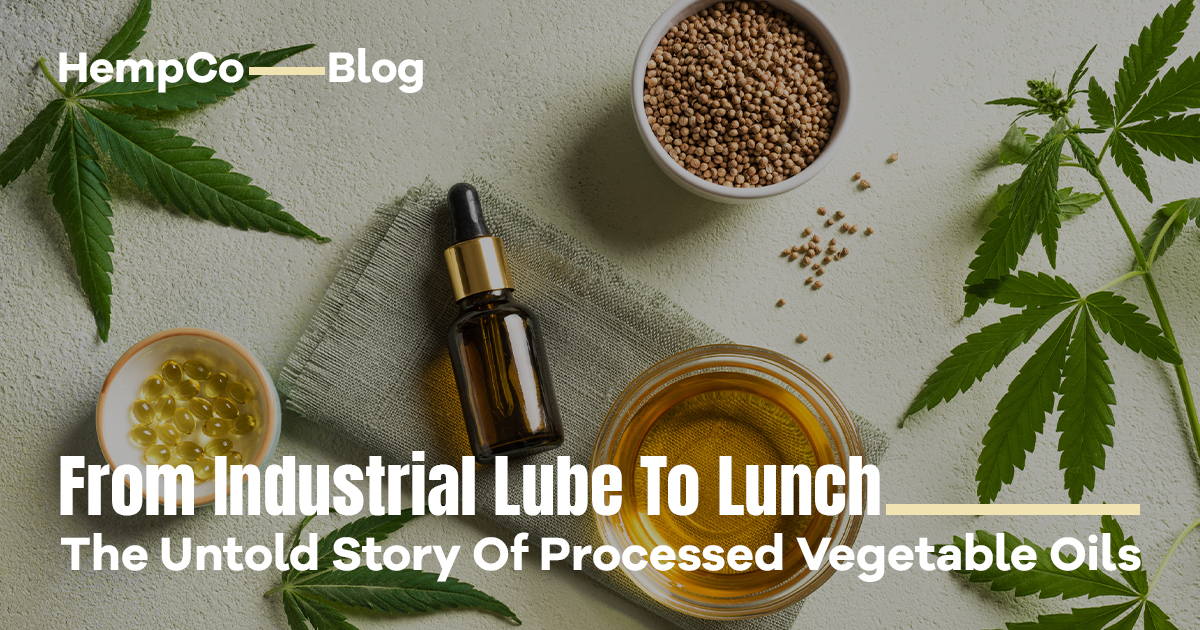
At Margaret River Hemp Co., we're passionate about natural wellness and believe in the power of whole, unprocessed foods. Vegetable oils have become a staple in modern cooking, but the journey these oils take from plant to plate can be concerning. While a drizzle of high-quality olive oil can enhance a dish, many commercially available vegetable oils have undergone harsh processing techniques that strip away their inherent goodness and may introduce unwanted elements.
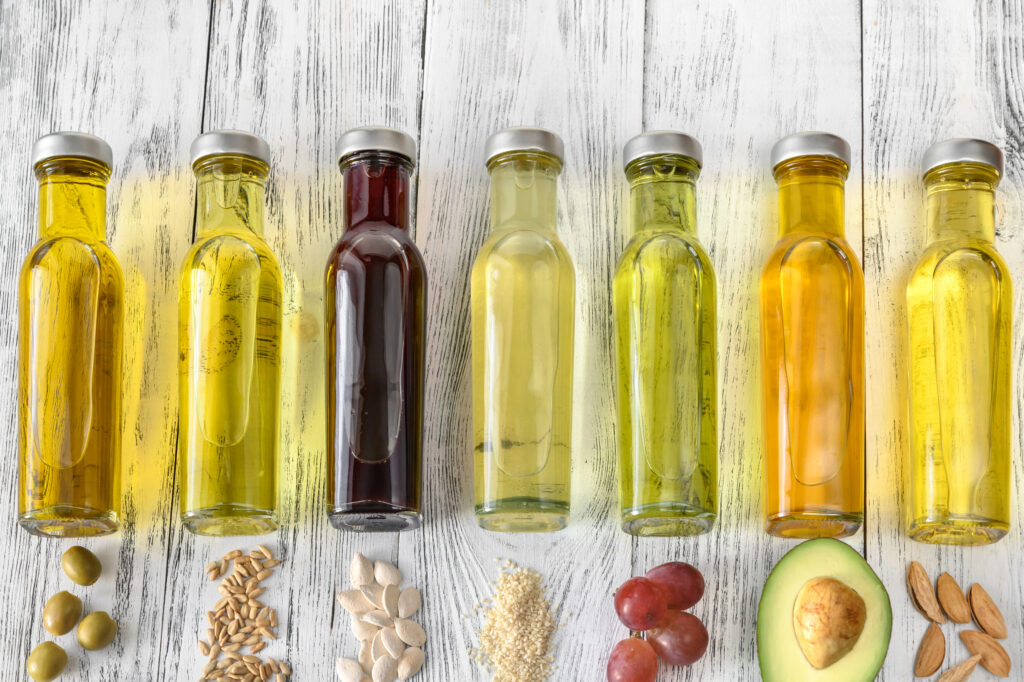
The history of vegetable oils is fascinating. While civilisations like the Egyptians used olive oil for lamps, vegetable oils primarily served industrial purposes until the Middle Ages, lubricating machinery and waterproofing textiles. This utilitarian past hints at the potentially harsh processing these oils can endure even today.
The vegetable oils lining supermarket shelves are a far cry from their natural state.
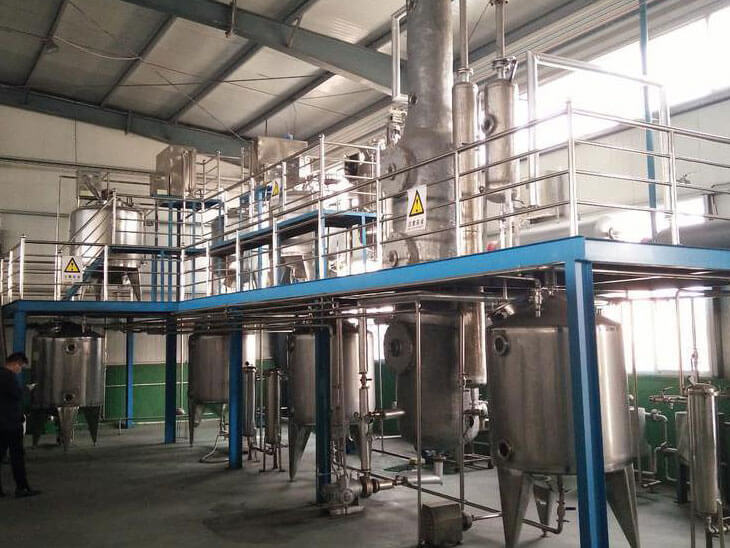
Modern refining often involves:
In the early 20th century, hydrogenation was introduced to solidify vegetable oils, creating margarine and shortening. While this innovation offered convenience, it had a dark side. This process transforms healthy unsaturated fats into trans fats, which are linked to a variety of health concerns like heart disease, stroke, and type 2 diabetes.
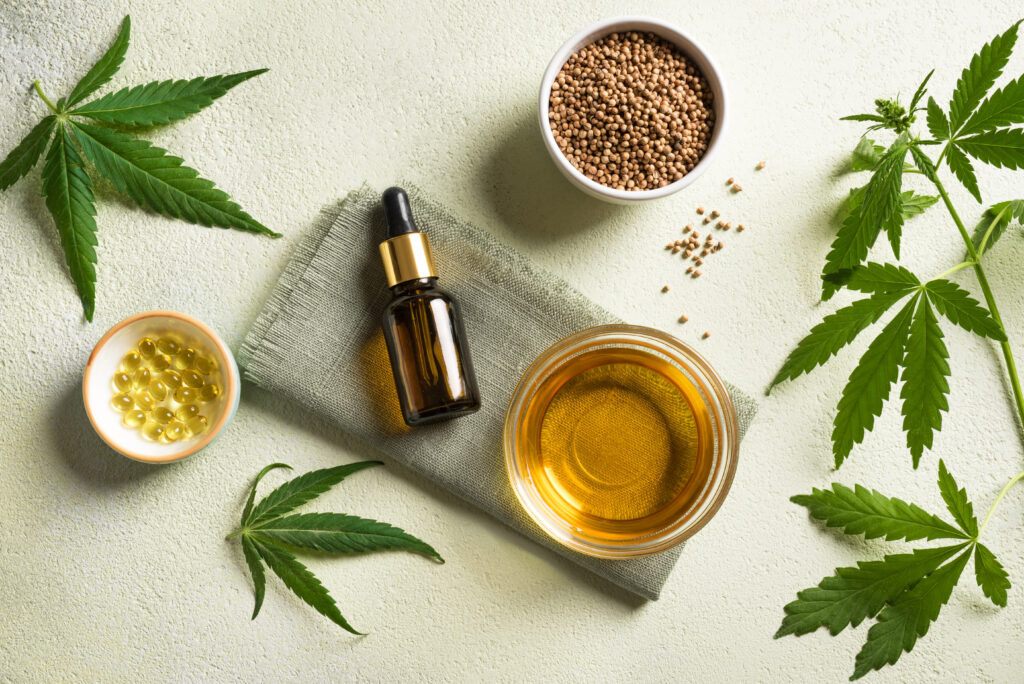
At Margaret River Hemp Co., we believe in a more natural approach to cooking.
Here are some tips to consider:
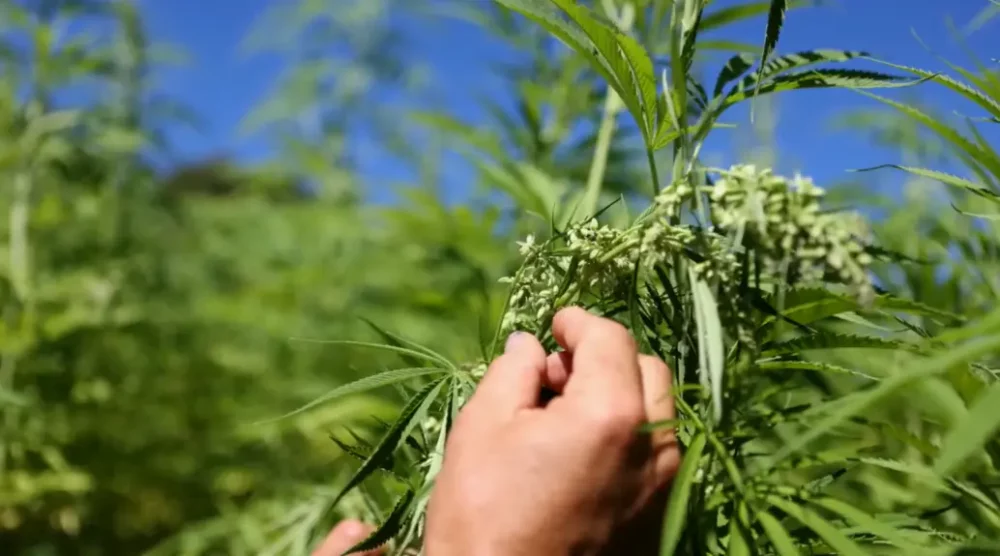
While vegetable oils offer convenience and can be a part of a balanced diet, be mindful of the processing methods involved. Opting for unrefined options and using them sparingly can help you reap the benefits of these plant-based fats while minimising the potential health risks. Here at Margaret River Hemp Co., we advocate for a return to using whole, unprocessed foods whenever possible. We're also big believers in exploring the potential of alternative healthy fats like those found in hemp seeds, and that's why we take pride in our organic hemp seed oil.
Remember, sometimes the path from "lube to lunch" is paved with less-than-ideal processes. By making informed choices about the oils you use, you can promote a healthier and more natural approach to cooking.